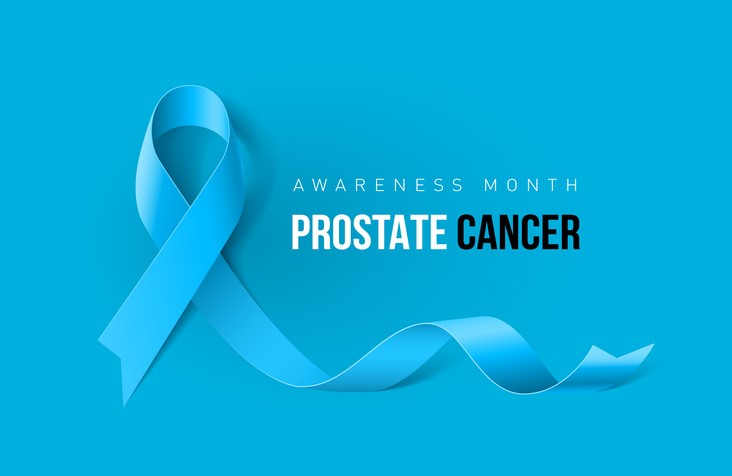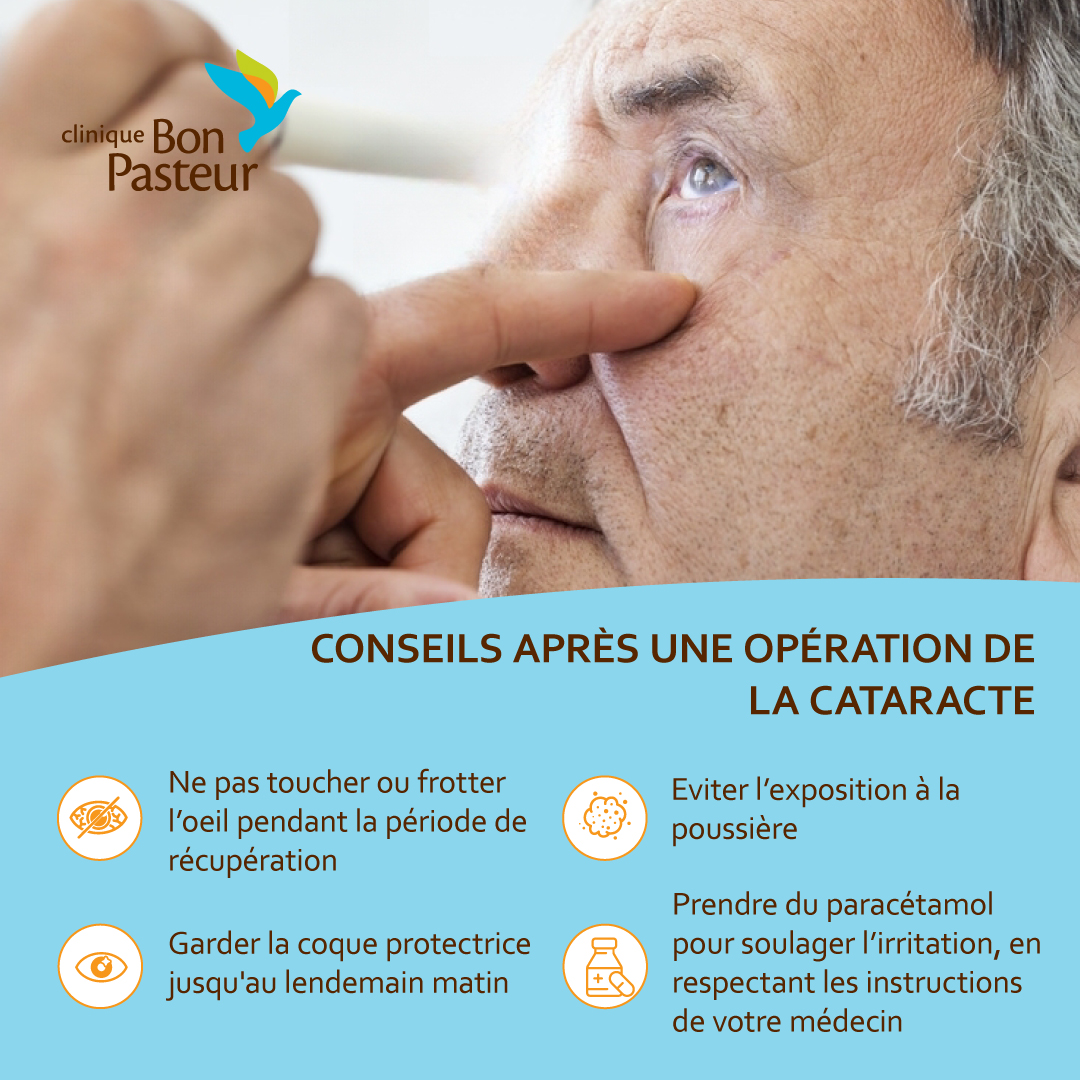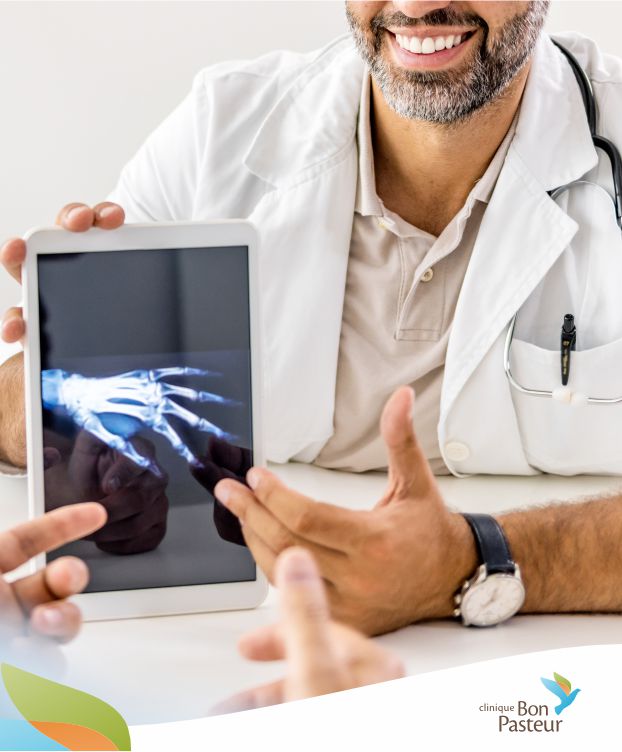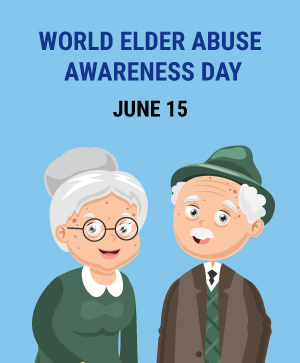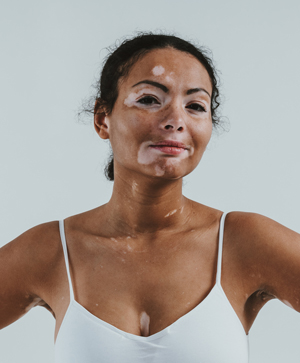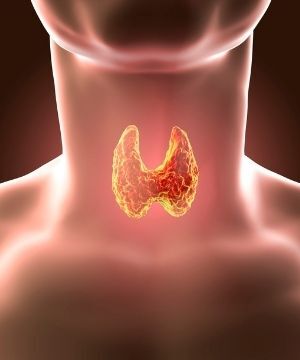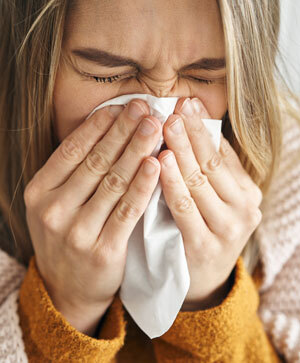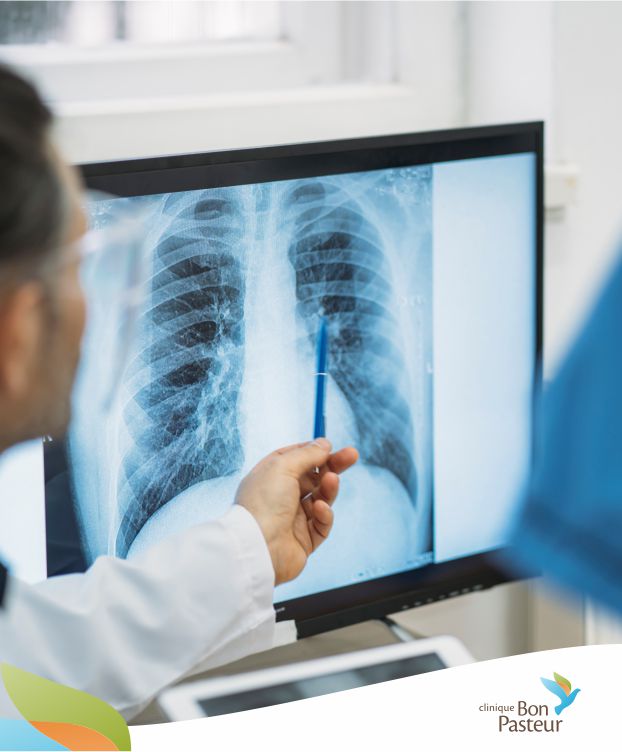Be breast aware!
June 2, 2021
The breast cancer awareness month, is marked in October each year, so as to create or increase awareness for this disease, encourage early detection and treatment, and improve palliative care for people suffering from breast cancer.
According to the World Health Organization (WHO), there are about 1.38 million new cases and 458 000 deaths from breast cancer each year, and breast cancer is by far the most common cancer in women worldwide. In Mauritius, there are about 600 new cases diagnosed each year, making it the most common type of cancer. And in case you might not know it, breast cancer can also affect men, although this is quite rare (1% of all breast cancers). WHO associates increase in breast cancer incidence worldwide with increase in life expectancy, increase urbanisation and adoption of western lifestyles.
As a means of raising awareness on the subject, Dr Ramawad Soobrah, Breast Surgeon who has a consultation at Clinique Bon Pasteur explains the importance of breast awareness.
Breast awareness

To be breast aware is to know how your breasts look and feel, throughout the month, and throughout the years, so that you may notice changes / suspicious signs and therefore seek early medical advice. When self-examining our breasts, it is important to look for specific changes that might be suspicious of cancer. These include: a lump in the breast or armpit, change in shape/contour of the breast, skin changes (thickening – Peau d’orange, dimpling, redness) and changes in the nipple (retraction, rash/ulceration, bloody discharge).
Risk factors
Our vulnerability to breast cancer depends on a variety of risk factors that vary from person to person. While some of these are non-modifiable (age, family history, late menopause, dense breasts), others are modifiable as they are associated with lifestyles and life choices such as the number of kids that a woman has, if she has breastfed, if she has taken long-term contraceptive pills or hormone replacement therapy. Excess alcohol and red meat consumption, lack of physical exercise and obesity are also considered as risk factors.
Breast self-examination

There are several techniques for doing self examination. The first step is to stand in front of a mirror and look for obvious visual changes mentioned above.Breast examination should be done at least once a month by women starting in their early adulthood. For post-menopausal women, any time of the month is convenient. For younger menstruating women, they should ideally wait 5 to 7 days after their cycle has ended.
Afterwards, the woman should lie down and use her right hand to examine the left breast/armpit and vice-versa. The forefinger, middle finger and ring finger pads should be used to make circular movements, beginning with light pressure, and repeating palpation on the same area with medium and deep pressure gradually, before moving to the next area. A complete palpation will start from the clavicle to the lower edge of the breast and from the sternum to the armpit. This should be done either in circular movements, up and down movements, or outwards movements from the nipple as shown in the figure. The armpit should also be checked for enlarged lymph nodes.
In case you notice a lump or any abnormality mentioned above, please seek medical advice. A doctor will see you and ask several questions to establish any pre-existing risk factors, perform a clinical breast examination and order appropriate investigations such as ultrasound scan and/or mammography. Depending on the result of these tests, it may be necessary to perform a biopsy to diagnose the cause of the abnormality. On a reassuring note, we would like to mention that the majority of problems in the breast are actually benign in nature. Only 10% of lumps are diagnosed as breast cancers after investigations.
The incidence of breast cancer is on the rise in Mauritius. Early detection of breast cancer improves patient survival and involves less tedious treatment; hence the importance of breast awareness. If you notice something unusual or suspicious in your breasts/armpit area, call on 401-9500 for an appointment with Dr Soobrah at Clinic Bon Pasteur on Thursday afternoons as from 3 pm.
Most of the content of this article has been taken from an interview with Dr Soobrah, as well as information on his website, and that of the WHO.
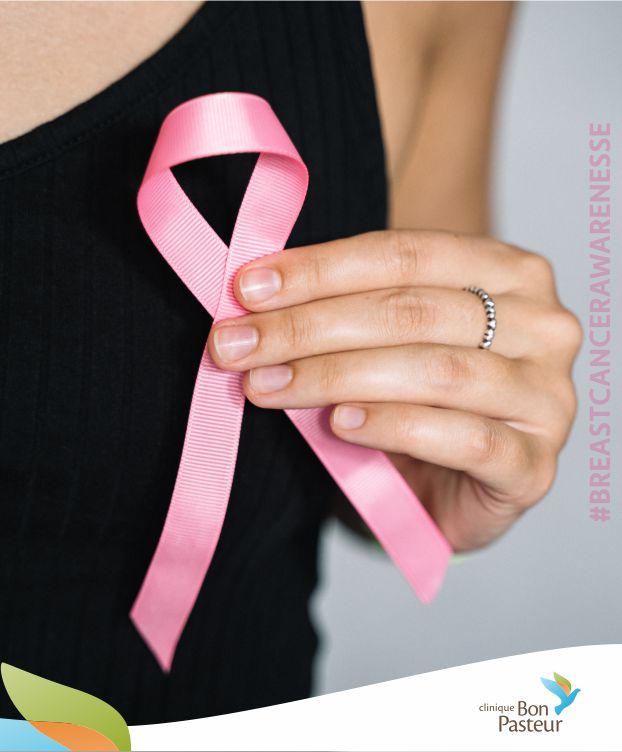
Related Article
